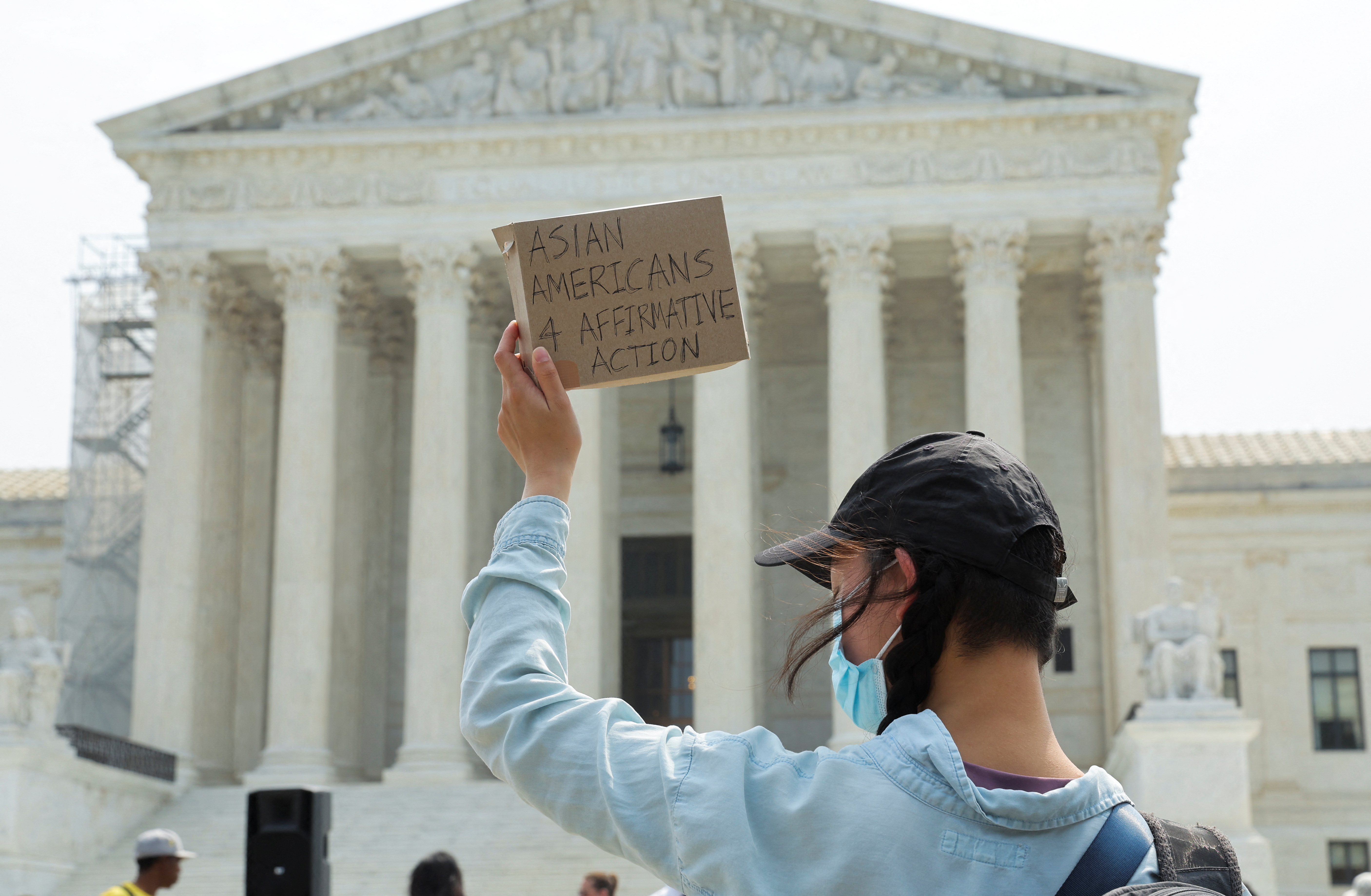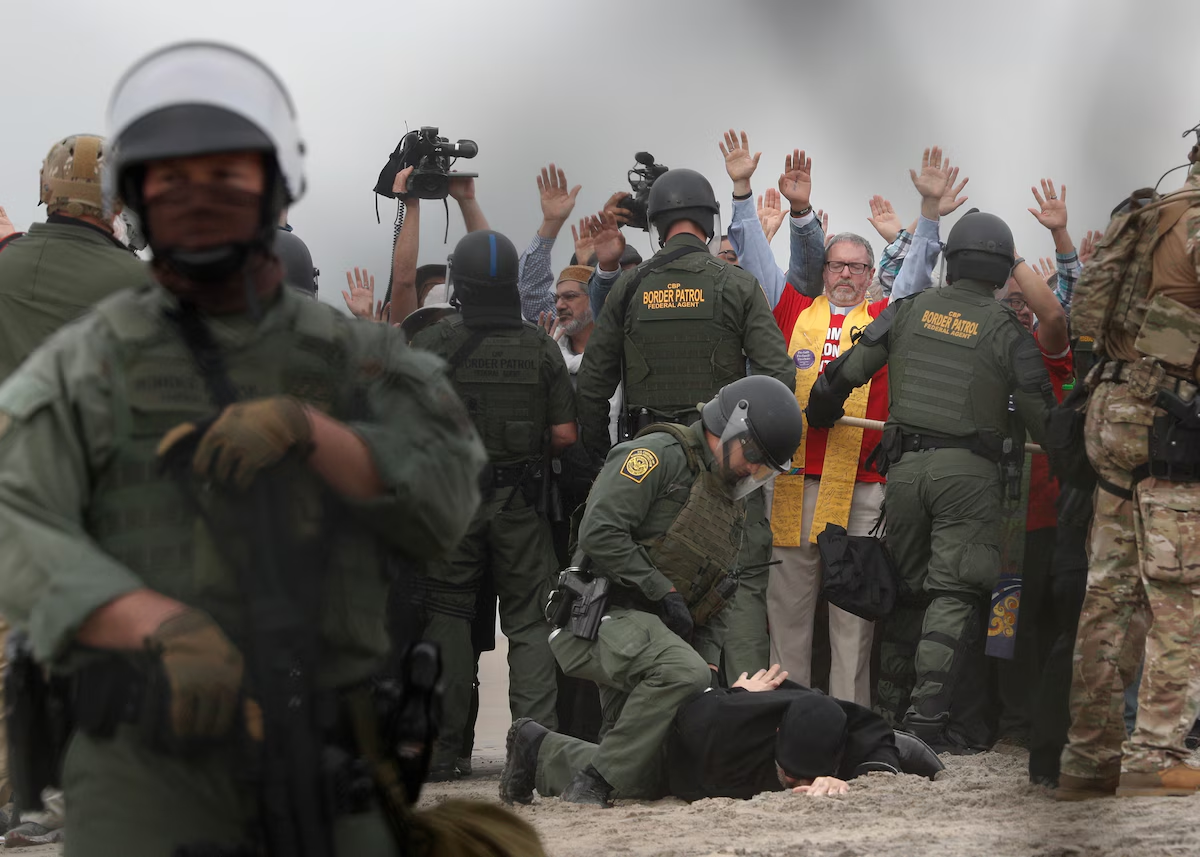Jermaine Thomas, born on a U.S. Army base in Germany, was recently deported to Jamaica, leaving behind a troubling precedent for the children of military families and raising urgent questions about birthright citizenship in the U.S. Thomas’s plight highlights the harsh realities of a broken immigration system that prioritizes punitive measures over justice and humanity.
Deportation Amid an Immigration Crackdown
According to reports from The Austin Chronicle, Thomas, who has spent most of his life in the U.S., was deported last month following a series of legal battles regarding his citizenship status. This comes as the Trump administration pushes for aggressive immigration policies, with the aim of carrying out the largest mass deportation operation in U.S. history. The urgency of these actions is underscored by the recent Supreme Court ruling that permits states to impose restrictions on birthright citizenship.
Legal Complexities of Citizenship
Born in 1986 to a U.S. Army soldier and a Kenyan mother, Thomas’s citizenship status has long been a point of contention. As noted by immigration attorney Margaret Stock, children born on military bases overseas often face complex legal challenges regarding their citizenship rights. Thomas was brought to the U.S. as a lawful permanent resident in 1989, but his status remained tenuous due to his father’s military service and the intricacies of citizenship laws. The Fifth Circuit Court ruled against him, asserting he was not born "in the United States," and thus not entitled to citizenship under the 14th Amendment.
\n\n
A look at the US Supreme Court"s major rulings this year ...
Criminalization and Consequences of Poverty
Thomas’s arrest earlier this year for suspected trespassing after an eviction underscores the intersection of poverty and criminalization within marginalized communities. His case exemplifies how systemic issues related to housing insecurity can result in dire legal repercussions. As reported by The New York Times, many families in immigrant communities live in fear of deportation, exacerbating the challenges they face daily.
Impacts on Military Families and Statelessness
Thomas"s deportation raises alarming questions about the status of children born to U.S. service members overseas. He is now effectively stateless, with no citizenship in Jamaica or Germany, leaving him vulnerable and without rights. This case is likely to resonate with many others who share similar experiences, as highlighted by Stock"s warning that more individuals may face statelessness due to the current legal interpretations of citizenship. The broader implications for military families and children born abroad are profound; they highlight the urgent need for reform in immigration laws that disproportionately affect those already marginalized.
\n\n
ICE deported more than 256,000 people in fiscal year 2018 ...
Amplifying the Voices of the Affected
Thomas’s story is not just an individual tragedy; it is a collective call to action for advocates of social justice and immigration reform. His words resonate deeply, asking, "If you"re in the U.S. Army, and the Army deploys you somewhere, and you’ve got to have your child over there, are you going to be okay with them just kicking your child out of the country?" This sentiment emphasizes the moral obligation society has toward the families of those serving in the military, a group often overlooked in discussions about immigration policy.
As the Biden administration continues to grapple with the repercussions of Trump-era policies, the question remains whether they will take meaningful action to protect the rights of immigrant families and address the systemic injustices that lead to cases like Thomas’s. The timeline for further legal challenges in his case remains uncertain, but the need for comprehensive immigration reform is clear. The current landscape not only threatens the rights of individuals but also undermines the values of justice and equity that should define our nation.







![[Video] Gunfire between Iraqi security forces and Sadr militias in Baghdad](/_next/image?url=%2Fapi%2Fimage%2Fthumbnails%2Fthumbnail-1768343508874-4redb-thumbnail.jpg&w=3840&q=75)
